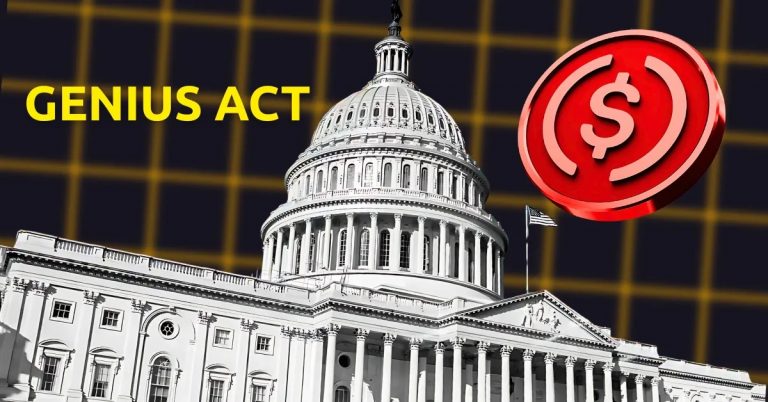India’S SEBI Chair: Crypto Policy Must Come from Government, Not Market Regulators
New Delhi, May 23, 2025 — As India continues to grapple with its approach to cryptocurrency regulation, the Securities and Exchange Board of India (SEBI) has reiterated that the onus of determining the legal status of crypto assets lies with the central government. Speaking at the ASSOCHAM 16th Capital Market Conference held in New Delhi on Thursday, SEBI Chairperson Tuhin Kanta Pandey emphasized that SEBI cannot act unilaterally to regulate crypto, as digital assets are not currently defined as securities under its jurisdiction.
“A policy call has to be taken by the government. Crypto as such is not a security at the moment under SEBI regulations,” said Pandey, firmly placing the responsibility for crypto regulation on the Indian government.
Global Context Fuels Expectations
Pandey’s comments come amid rising anticipation that India might follow the lead of other global financial regulators. In the United States, the Securities and Exchange Commission (SEC) recently approved spot Bitcoin exchange-traded funds (ETFs) — a landmark decision that has been seen as a step toward mainstream crypto adoption. Similarly, regulatory progress is being made across Europe and the UK, where crypto firms are subject to registration and compliance under anti-money laundering laws.
The European Union’s Markets in Crypto-Assets (MiCA) regulation, set to roll out in 2024, will introduce comprehensive oversight of the crypto market, covering stablecoins, investor protections, and licensing requirements for service providers. These global developments have intensified calls for India to clarify its stance.
India’s Cautious and Fragmented Approach
India has thus far taken a conservative stance on cryptocurrencies. In recent years, the government has imposed a 30% tax on crypto gains and a 1% TDS (Tax Deducted at Source) on all crypto transactions — steps seen more as revenue mechanisms than regulatory clarity. A proposed Bill introduced in 2021 aimed to ban private cryptocurrencies altogether but has since stalled.
The Reserve Bank of India (RBI) remains strongly opposed to private crypto use, citing threats to financial stability. Instead, the RBI is pushing ahead with the development of a Central Bank Digital Currency (CBDC), currently in pilot stages for both retail and wholesale markets.
Industry in Limbo Amid Regulatory Uncertainty
The lack of a clear and unified regulatory framework has left crypto exchanges, investors, and Web3 startups in limbo. Key industry players continue to call for structured regulation that balances innovation and investor protection, aligning with evolving global standards.
Until such a framework is introduced, SEBI’s message is unambiguous: the fate of crypto in India lies with the government, not the market regulator.
🔍 Key Takeaways for Investors & Builders:
-
SEBI will not regulate crypto until the government makes a policy decision.
-
India’s tax regime exists without a regulatory framework.
-
Global models like MiCA, the FCA, and SEC-approved Bitcoin ETFs offer potential blueprints.
-
RBI remains skeptical of private cryptocurrencies and is focused on CBDC development.
-
Regulatory clarity is essential for sustainable crypto innovation in India.
Stay updated with the latest crypto policy developments in India and around the world at OnchainStandard — your source for on-chain truth.




